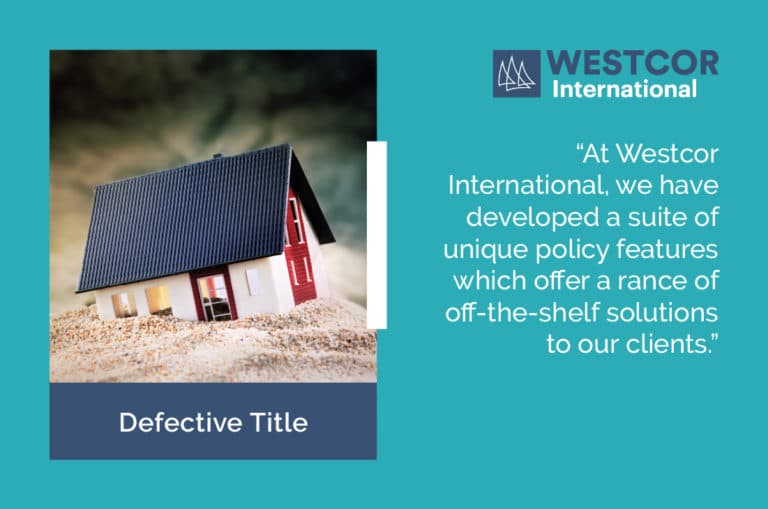Protecting our developer clients post planning

Image: Protecting our lenders against the unknown
Our Defective Title Policies can be tailored to enable developers to get their project off the ground. Whilst new developments aren’t always welcome, especially in areas whereby residents are not all too keen on change, our policies can help ensure that delays are kept to a minimum.
What triggered the claim?
A policy was needed in respect of a restrictive covenant which stated that the property was only to be used as a single residential dwelling and occupied by one family. Our developer client had secured planning permission to demolish the property and build sixteen new flats.
Prior to development, our developer client received a letter from a local residents action group claiming benefit of the covenants and stated that unless they applied to the Lands Tribunal for a discharge, they would seek injunctive action thus threatening the whole project and risking substantial delay-based penalties for our client.
So, what next?
Counsel reviewed whether the covenants were enforceable by any of the ten households who had raised an objection and undertook further research highlighting the lack of a ‘common scheme’. This meant the objecting residents were unable to show that the intention of the covenants was to ensure uniformity in the surrounding area.
Counsel additionally confirmed that if we were to apply to the Lands Tribunal to vary or discharge the covenants we would likely succeed. If an application were made by residents for an interim injunction, they would likely succeed, however, the prospects of securing a permanent injunction were incredibly slim therefore at most, the interim injunction would cause no more than a 30-day delay.
What was the outcome?
On the strength of the advice from Counsel we were confident to grant our consent for the client to continue the development as planned and tactically opted to no longer engage in further correspondence.
Following this decision, another letter was sent to the client wishing them ‘success with the development without obstacles’ and we later heard that they were able to complete their project without delay nor interruptions and proceed to completion.





